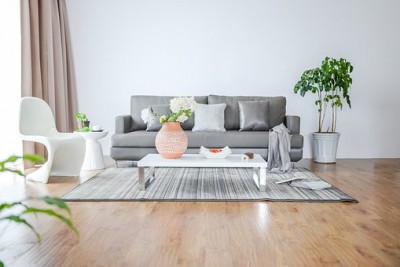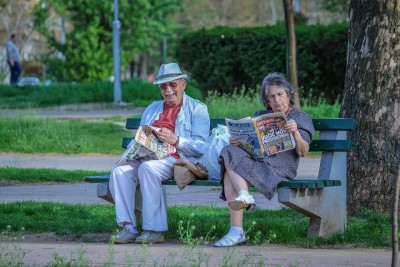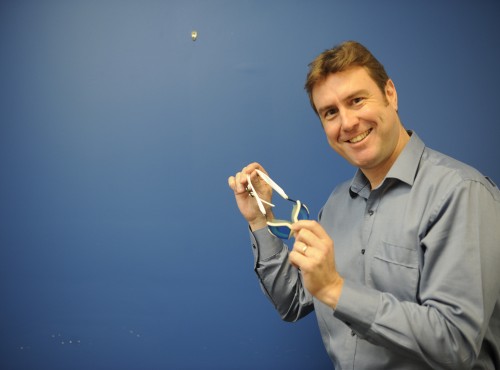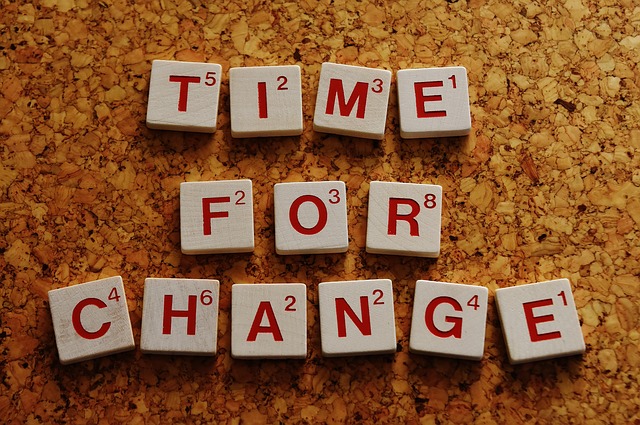
Author: Vic Minchin
What follows after a long and successful career can feel like a big void to fill, leaving men socially adrift.
An article written in the 'Weekend Australian' by Bettina Arndt highlighted the difficulties men had adjusting to retirement.
Bettina wrote:
"For all the jokes about men and women living on different planets, it's the post- retirement period that lays bare the telling consequences of the way modern men and women live their lives
That's when the chickens come home to roost from the men's dependence on women for their social networks, the failure of men to develop close, lasting friendships and their devotion to their careers, often at the expense of developing other interests and worthwhile activities.
The golden year's burn brightly for many older women but for men they often splutter as they struggle with creating a meaningful life post –retirement. Once the lives of older women were dominated by the "empty nesters" as mothers struggled to come to terms with the loss of their mothering roles. But for years now, research has shown many older women are thriving.
As noted by the feminist Betty Freidan explained in the book The Fountain of Age "What women experienced was increased activity,increased excitement, increased overall happiness, a decrease in depression and an increase in pride. NO such change was found in men.
Research shows that when Australian married men give up work they tend to come home to their wives, with the bulk of their social contact shifting from their work colleagues to time with their partners. But many of the women move in the opposite direction—instead of increased time with their families they are out and about, enjoying friends and other social contacts.
A longitudinal study conducted by Marjory Fiske and colleagues from the Californian Medical School interviewed men & women before and after retirement and found retired women often made positive changes in their lives- like training , travel, more education- but many of the men were bored and isolated. Frisk "The men got angrier and angrier as their wives over the years got more confident and began to do more things, instead of just taking care of them!. The wives began to resent their husbands demands on them. The men simply got more depressed.
It's interesting how often older women list of a string of activities they are involved in –learning painting or pottery , attending university courses, writers festivals , book clubs, all sorts of stimulating activities. However ask their husbands what their wives are up to and they'll mention shopping or hairdresser. And talking "I don't know what these women find to talk about all the time"
Melbourne psychologist Dr Peter O'Connor sees's many older men in this situation who react to their wives' desire to peruse new interests with obstruction and objections. There's often a resentment fueled by envy. The man finds himself with no one dependent on him and even more frightening, he encounters his own feelings of vulnerability, loss of power and potency and increased dependence. Sometimes these men defend against the anxiety generated by their wives' changes by deriding and denigrating their activities, denying that they are doing anything remotely important O'Connor says.
O'Connor's study suggests that women tend to be more flexible, partly because women's lives include more transactions and they learn to be more adaptable. It leaves many older men playing more and more golf or making a fetish out of the size of their super.
"Superannuation is like secular heaven , a rewarding after-work life", jokes O'Connor, suggesting an obsessive preoccupation with retire ment finances can be a reflection a deepening anxiety about dependency and older age—issues men find hard to confront"
It is vital that leading into retirement men think about life after work. Wives should encourage their husbands to develop meaningful friendships outside of work and to take up extra activities like the "men's shed", volunteer work, social clubs and study to consume their time in retirement that does not include their wife having to be at their side all day.
The full article was written on 25th Oct in the Weekend Australian.
Bettina Arndt is a social commentator. She has written books on relationships www.bettinaarndt.com.au























































